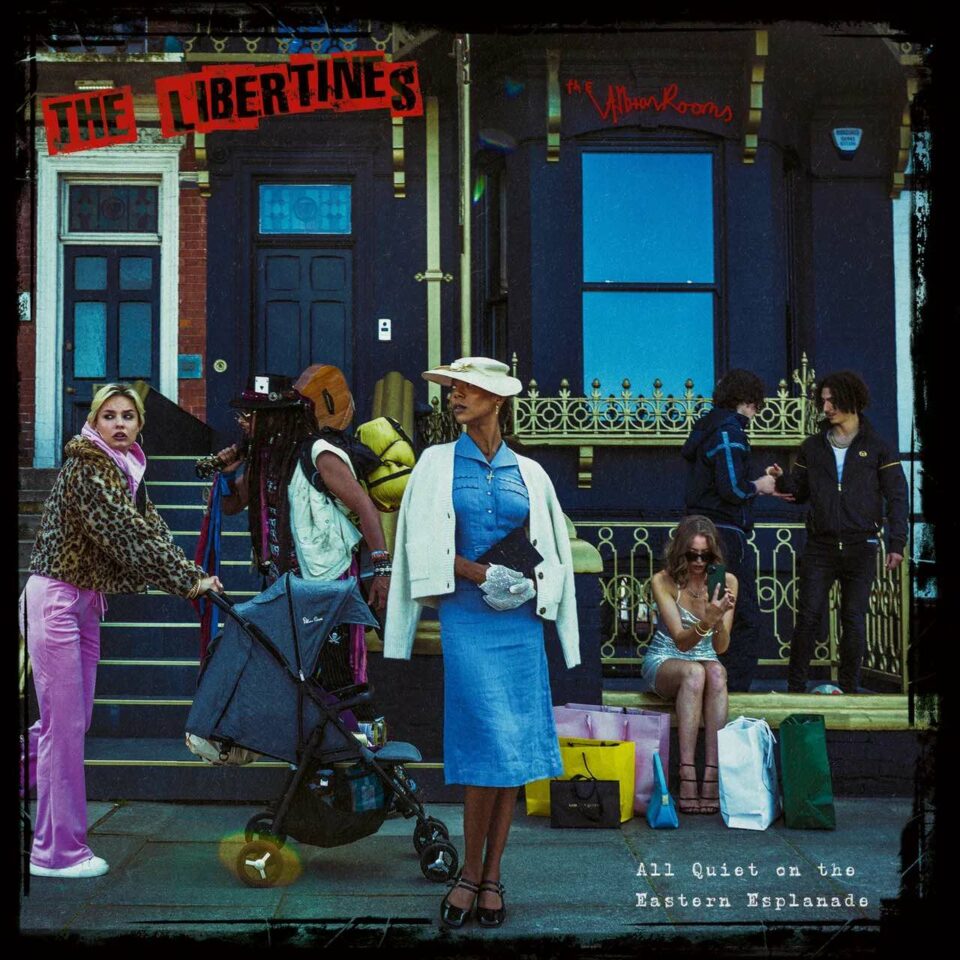Jon Brion
Meaningless
JEALOUS BUTCHER
In 2001, when Jon Brion finally released the debut album he’d given the Lava/Atlantic label in 1997 (but whose efforts were rejected and his contract closed), the multi-instrumentalist was still far better known as an opulently atmospheric producer (Aimee Mann, Rufus Wainwright) and film composer (most well-known for his work with Paul Thomas Anderson) than he was an eccentric solo artist. Meaningless mostly changed all that, shifting listeners’ attentions from his outside employment’s intentions as it showed Brion to be an all-purpose, all-encompassing Brian Wilson and Van Dyke Parks—the pair famously known for the harmonic chamber pop of Pet Sounds and Orange Crate Art—rolled into one self-made, analog-y, contagiously melodic, Chamberlin- and Optigan-filled affair, all with a power-pop edge.
Re-released digitally and on vinyl 21 years after its debut, Brion’s singer/songwriter turn is a far more decorous affair than those of his friends and collaborators (e.g. Elliott Smith) with a more personal and personable backstory on Meaningless songs such as the anti-romantic “Hook, Line and Sinker,” the glad-to-be-gloom of “Dead to the World,” and the Beatles-ish piano ballad “Ruin My Day.” While the lyrically impressionistic and carnival-scored “Walking Through Walls” (co-penned with Grant-Lee Phillips of Grant Lee Buffalo) would’ve been a killer AM radio track to jam in your car next to Three Dog Night at the tail end of the ’60s, the jazzed up “I Believe She’s Lying,” written with Aimee Mann, is likely the sound of the lounge you’d be motoring to.
And while “Trouble” acts as the sole, self-stretching, country-ish number here complete with an actual band (drummer Jim Keltner, pianist Benmont Tench, pedal steel guitarist Greg Leisz—as well as backing vocals from Punch-Drunk Love actress Mary Lynn Rajskub), the real ringer in all this is Brion’s cover of Cheap Trick’s “Voices,” a lovely, crushing raver that closes the album and, perhaps, shows off how meaningful Brion’s relationship to pop really was.









